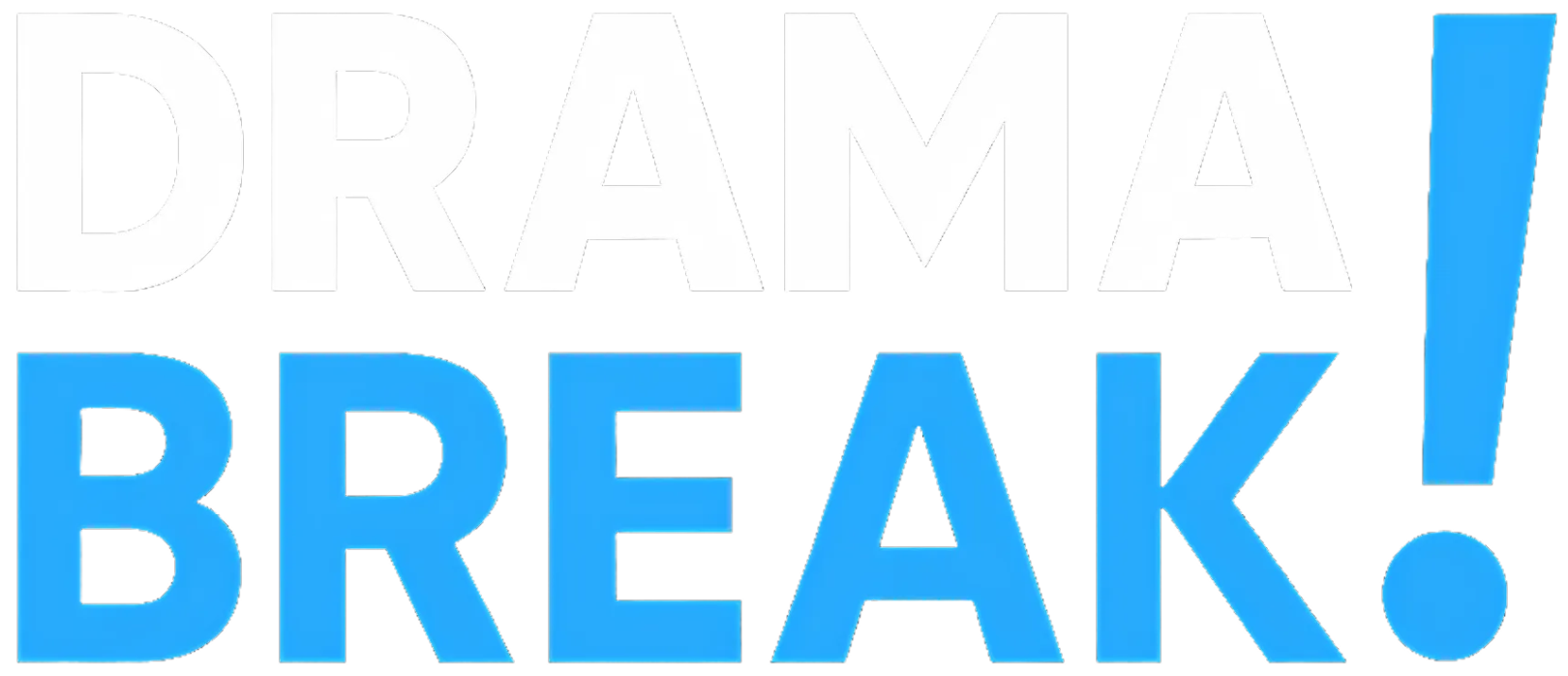[ad_1]
Spotify has eliminated greater than 75 million AI-generated “spammy” music tracks from its platform over the previous 12 months, the corporate mentioned Thursday, stepping up its crackdown on unauthorized AI-generated use of artists’ voices.
The Swedish audio firm mentioned it will enhance its enforcement of impersonation violations, launch a brand new spam filtering system and work with companions to label tracks that incorporate AI.
“We envision a future the place artists and producers are in charge of how or in the event that they incorporate AI into their inventive processes,” Spotify mentioned in a submit on its web site on Thursday. “As all the time, we go away these inventive choices to artists themselves whereas persevering with our work to guard them in opposition to spam, impersonation, and deception, and offering listeners with better transparency in regards to the music they hear.”
The push comes as tech platforms are grappling with how one can deal with the numerous enhance in AI-generated content material. Whereas some creators have embraced the brand new tech instruments, others say their companies are hurting from individuals who have used AI to impersonate them with out their permission.
“So far as what Spotify is doing, I feel they’re doing the proper factor for the artists and doing the proper factor to protect Spotify’s integrity at this level,” mentioned Rob Enderle, principal analyst of Bend, Ore.-based advisory providers agency Enderle Group.
Spotify mentioned it will solely enable vocal impersonation in music if the artist licensed it and plans to scale back the wait time for evaluation on content material mismatches, “enabling artists to report ‘mismatch’ even within the pre-release state.”
“Unauthorized use of AI to clone an artist’s voice exploits their identification, undermines their artistry, and threatens the elemental integrity of their work,” Spotify mentioned. “Some artists could select to license their voices to AI tasks — and that’s their option to make. Our job is to do what we will to make sure that the selection stays of their palms.”
The rising recognition of AI instruments will enhance the proliferation of on-line content material generated by the know-how together with deepfakes, making it tougher for tech firms to police, consultants say.
“We’re on the very starting of this,” Enderle mentioned. “The instruments have gotten much more superior as we communicate, so this drawback isn’t going to be getting smaller, it’s going to be getting fairly a bit greater, in a short time.”
[ad_2]

